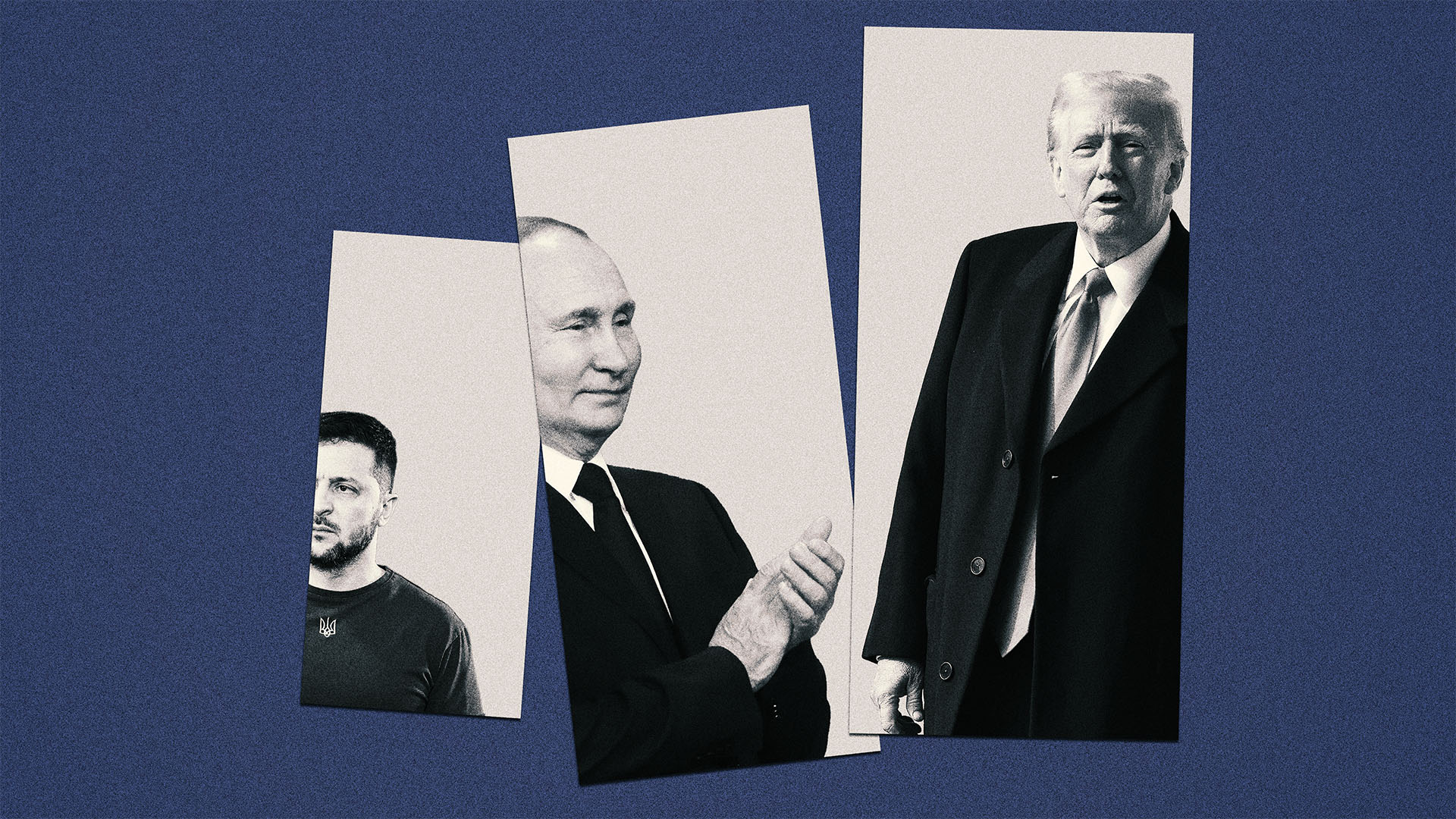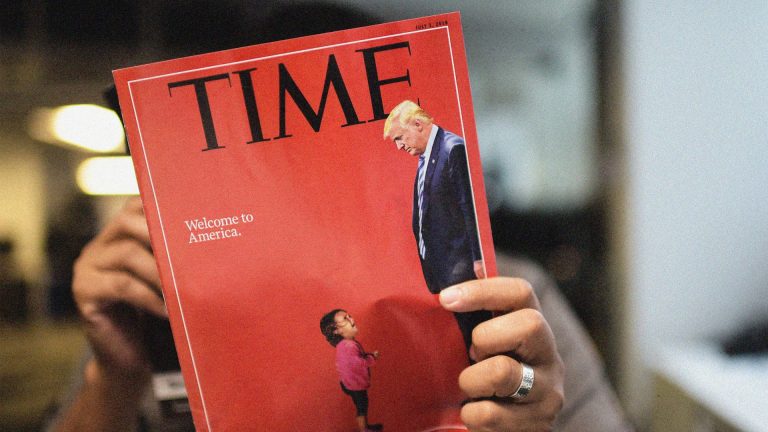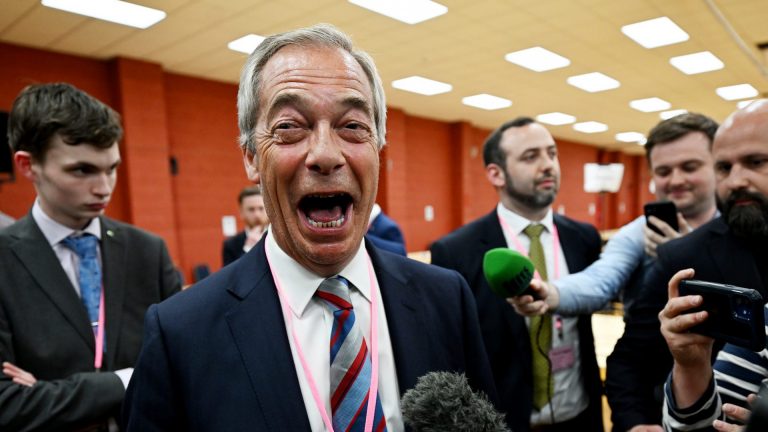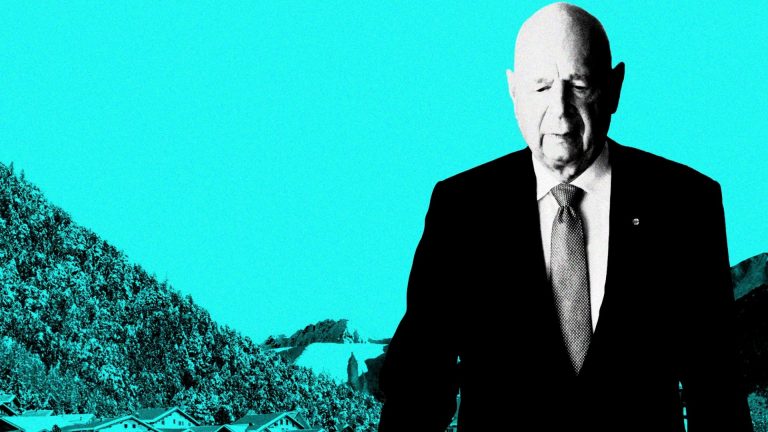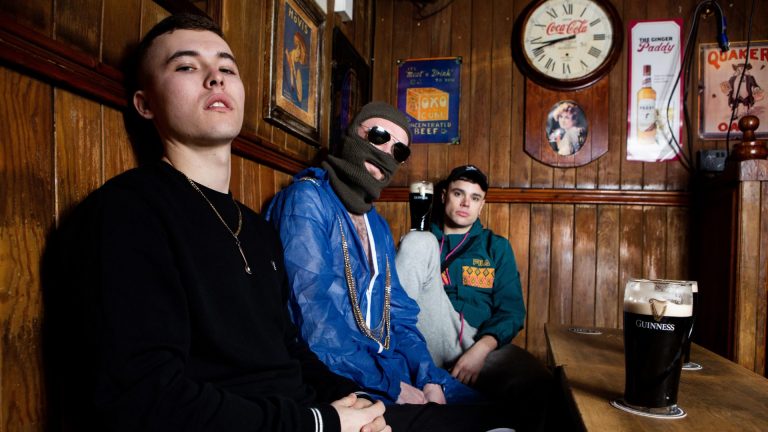There is a moment, seconds after the first explosion close to 1am, when I try to convince myself that it is something else. But even if the forceful shockwave had not been unmistakeable, what ensues is. Neighbours, including children, are screaming. Doors bang ajar with the force of the blast. The whole apartment block quavers ominously, as if uncertain of its own integrity. The sky flares with orange.
The first time I woke to an air alert in Kyiv, I sat bolt upright, straining to hear the rush of footsteps towards the shelters, the echo of shouts in the hallway. Instead, through the wide pane of my window, I watched as a woman in the apartment opposite checked her phone with a furtive glance, dismissed the alert with a flick of her thumb, balanced it back on her shoulder, and resumed chatting with a friend as she finished ironing by romantic candlelight.
Each day and night here is punctuated by several air alerts. No one can answer every summons. In the day, they paralyse the economy, schools, and transport. At night, they inflict a brand of psychological terrorism: constantly at risk of being awoken by sirens, you drift through fitful, broken sleep and wake up still bleary and spent. Russia’s war has created a nation of insomniacs.
So, there are new rules for survival. The war in Ukraine has been called by some a war by smartphone. Telegram, social media of choice for 90% of Ukrainians, has become something much more than just a messaging app. When the air raid sirens sound, residents check one of the many local air alert channels run by anonymous volunteers, which inform them of what to expect: MiG-31 fighter jets, Shahed kamikaze drones, ballistic or cruise missiles.
This allows them to assess the level of threat, even if many still rarely seek shelter. My friend Olena tells me that Ukrainians joke that when the air raid siren starts, they do what everyone else does, which is check the Telegram channel and then stay put but with a more serious expression.
Last Thursday morning was different. Nobody could ignore this. My phone is flashing with a frenzied stream of warnings illustrated with flashing red emojis: “Ballistics in Kyiv!” “More ballistics! GO TO SHELTER!” “Missiles on course to our region!”, but they are too late: ballistic and guided missiles are already pounding the capital, tailed closely by swarms of drones. Each explosion feels like it might carve out the ground beneath us. The barrage is relentless, bloody. Smoke billows into the sky. Nowhere is safe.
Hundreds of us bolt for the metro through streets that reek of acrid smoke. Tens of thousands across the city are doing the same. In the bitterly cold, unlit tunnel, we sit under bombardment. Some lie on yoga mats, while others sit on folding chairs. Many clutch pet carriers with shivering, wide-eyed animals inside. Just hours before, the streets were packed with revellers enjoying the sunny weather. Now, in the dark, faces are lit up by the glow of phones as everybody frantically messages loved ones and seeks news of which neighbourhoods have been hit.
Over the course of the night, Russia will launch over 200 munitions, including ballistic and cruise missiles, predominantly targeting the capital in a strike that will last six hours. It is still early, and we will wait for sunrise before venturing out of the metro, but it is already clear that some in the city will not live to see morning. Save for the whining of dogs, the platform is steeped in grim silence.
Until, that is, a boy lifts up his phone with a grin, and Gloria Gaynor’s I Will Survive rings out from its speakers. Laughter ripples through the tunnel at its opening verse: “At first I was afraid, I was petrified…”
That small moment of humour in the face of terror is not an anomaly. It is one of countless small gestures of resistance that I witness every day here. In my rental apartment, a fragment of a rocket sits proudly on the dining room table, decorated like a Christmas tree. In libraries and studios too, I see the remains of shells and fragments of weapons used as adornment. My friends tell me that everyone has become a collector of these fragments, which are both a symbol of defiance, and evidence of Russia’s attacks on civilian residences.
This irreverence is everywhere. AI-generated army recruitment posters plastered on every street depict a Ukrainian soldier astride a fearsome cat the size of a draft horse, swiping at Russian zombies below. The mobile air alert app appropriates Mark Hamill’s voice, instructing citizens in character to seek shelter and signing off with “May the force be with you.” Everybody, military or not, seems to have come up with an ironic call sign for themselves based on their favourite film, meme, series or music. These things blunt the edge of the militarisation so inescapable here. If forgetting the war is impossible, laughing at it is the next best thing.
This is not to say that Ukrainians are not tired, demoralised, and dispirited as they plough through a fourth year of war marked by constant and brutal attacks by Russia on civilian targets. But for many, black humour is a welcome tonic. Having tea one night with a volunteer who travels to hospitals near the frontline and a soldier who will leave to fight the next morning, I am trying to keep my expression neutral as they unleash a torrent of close-to-the-bone jokes about their nightmarish experiences in the crucible of this conflict, keenly aware of my comparative unworldliness. But my friends collapse in a fit of renewed mirth when they catch sight of my horrified face. “This is the Ukrainian sense of humour,” they say, patting my shoulder reassuringly. “You’ll get used to us. It is a medicine for the soul.”
A lot of such medicine has been needed as of late. Just days before, after Russian ballistic missiles shattered a street in central Sumy, killing 35 civilians, Donald Trump had once again blamed Ukraine for starting the war that has claimed tens of thousands of precious lives here.
The US President’s weak rebuke of Vladimir Putin as rescuers continued to search for missing children amid the rubble left people here in little doubt that they will see no justice or recompense for this atrocity.
One week on, the mood is no more hopeful. On Wednesday, the long-awaited US-Ukraine minerals deal was signed, and though many are satisfied that the most egregious demands of its first draft have been discarded, it still offers no concrete security guarantees.
Overnight, Russian drones set the skyline of Odesa ablaze, killing two civilians and wounding several others. Each night brings new casualties and the relentless attacks show no sign of abating. In Kyiv, the streets are still muted, and the weather takes on a sudden chill.

